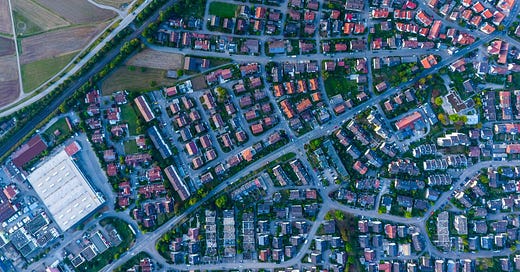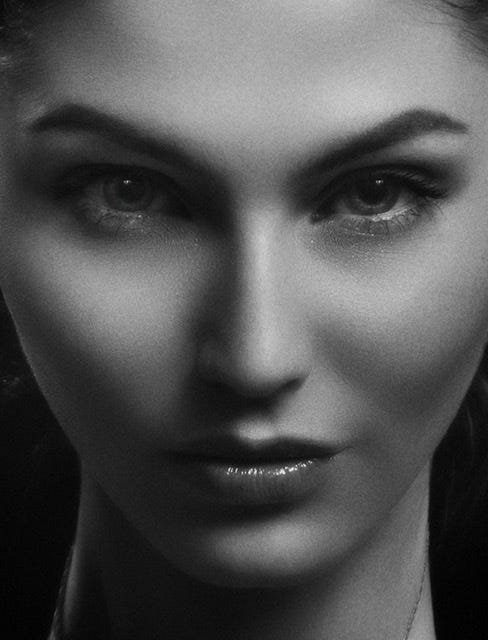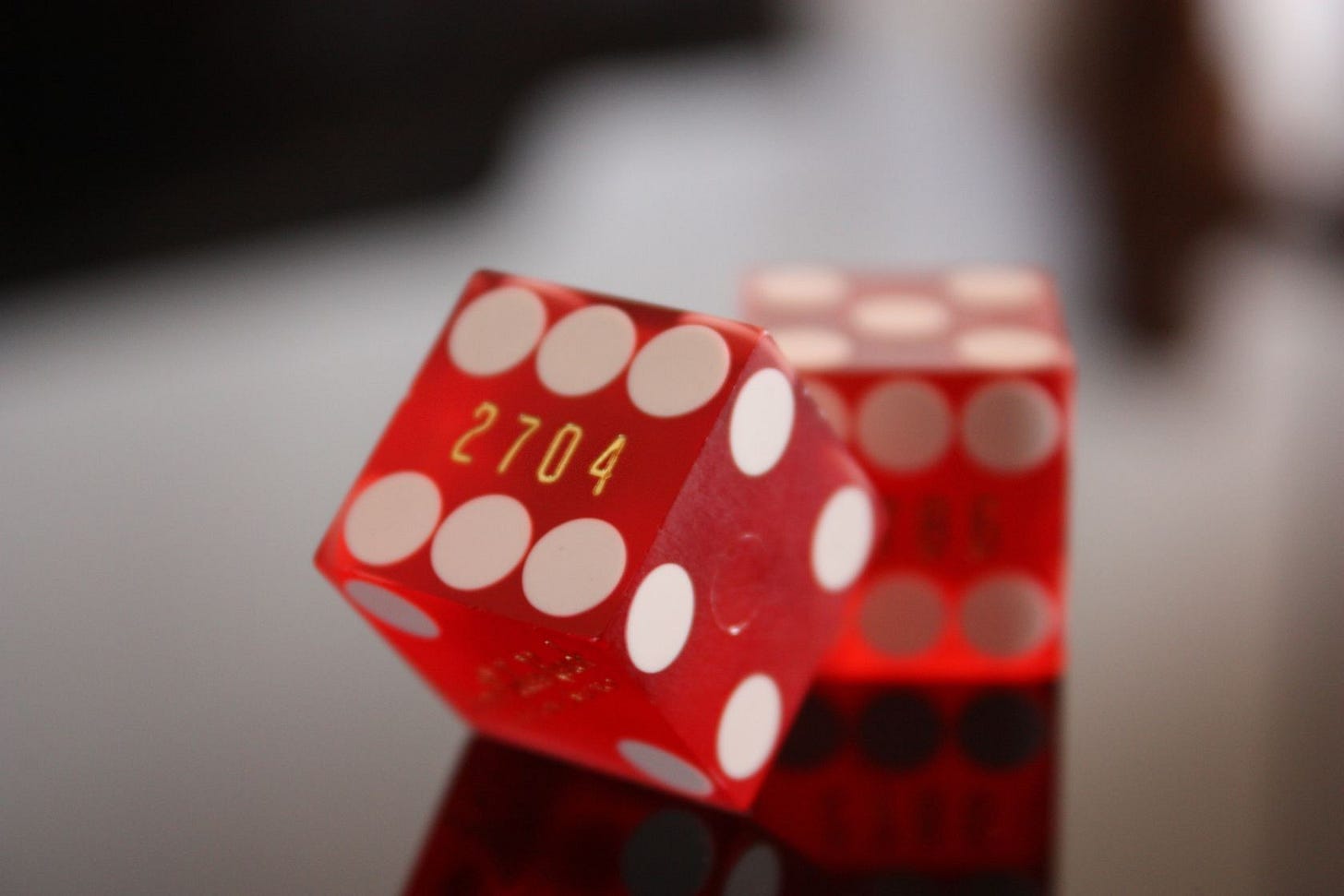Perfection: A Distinctly Human Flaw
The perfect house.
The perfect career.
The perfect family.
The perfect you.
Isn't it natural to want them all? Not according to nature.
True, life for humans centers around the relentless pursuit of perfection. But life, on a grander scale, before humans walked the Earth, was never perfect. It was messy, uneven, and unfair.
For the approximate 13.8 Billion years before humans, the Universe operated with no clear plan or design. Evolution itself is based on mutations or mistakes. As the theory goes, only the animals with the right deformities survived. Genetic errors made the difference between life and death.
Yet, we humans share the opposite imperative. We tend to feel as if we live one mistake away from certain ruin. That's why strive to be better, stronger, faster, prettier, and more affluent than each other - all in pursuit of perfection.
In contrast, nature is flawed, unpredictable, and even chaotic. It doesn't care about precision, order, or neatness. And as observers, you and I celebrate this fact when we snap of photo of a sunset or mountain vista. You see, it's the deviations that create the uniqueness of every animal, plant, and rock.
If you think nature is perfect, think again. It screams it's variations to us every day, and its message is that the mutations and mistakes are what make us human. But do we listen? No, we instead pursue the more simplistic notion of perfection.
Here are some examples:
Human-Derived Perfection: Symmetry
Consider the most beautiful plants, animals, and even people you've ever seen. They probably all have at least one thing in common, symmetry. Simultaneously it captivates and calms us. Take any photo or work of art, cut it in half, and create two balanced pieces. That's symmetry, and we love it – mostly.
For example, think of the people you see in fashion ads. Their faces are usually quite symmetrical, but why don't we use mannequins? Wouldn't their faces be even more perfect? We don't because they wouldn't look natural.
Still, sometimes we think we see symmetry in nature. For example, the horizon at the beach fools our eyes into seeing a straight line. Therefore, you might say that the division of Earth and sky is symmetrical. And while this makes sense to our eyes, in reality, we know what's there in front of us are thousands, if not millions, of undulating waves.
Human-derived perfection: Certainty
We don't just imagine perfection in what we see. We also project it onto situations of cause and effect. In the business world, we look to high-achieving employees as models of flawless execution. In doing so, we fail to consider the myriad of unexpected circumstances that allow a given employee's labor to come to fruition. Therefore, what we celebrate is a perfect outcome, not an ideal performance.
Still, we fool ourselves into thinking certainty exists. If we follow the right rules, we're guaranteed to get the desired outcome. It's comforting to have a plan. Otherwise, we can feel lost in the wilderness of random chance.
But not unlike the humanizing flaws on a model's face, the mistakes and uncertainties we face are what make life fresh and real. We work to make money most of our lives, yet why do lottery winners often find themselves depressed? It's the uncertainty that gives life meaning.
Randomness and the perfect snowflake
Yet nature knows to celebrate uncertainty. If there was such a thing as a perfect snowflake design, wouldn't our environment have figured it out by now? Nature's strategy, if it has one, is complete randomness. Plants, animals, people, we all enter the world in near-limitless variation.
Our response is to resist randomness with things like gridded streets and manicured lawns. We simplify and shape nature's complexity down to the simple designs we understand. And we harness natural resources to perform the narrow tasks required to continue our pursuit of perfection.
Self-Acceptance vs. Self-Improvement
Perhaps much of what we consider to be flaws are just variations. Our genes are like a hand of poker, and our traits the individual cards. Some cards are weak, and some strong. That is if you choose to accept the rules of the game. Therefore, your so-called weaknesses could stem, not from you, but from the game you choose to play.
And many of us claim to seek improvement while secretly coveting perfection. We claim to seek growth when, in reality, we have some arbitrary goal we've set as the only path to happiness. Therefore, we continue, seeking to eliminate imperfections, in ourselves, in others, and the world.
The Victory Within Failure
Meanwhile, mistakes have spawned some of the most significant discoveries (penicillin, the microwave, the inkjet printer, to name a few). Maybe we should continually seek to improve but not always dictate the direction of our improvement. And, perhaps we can be open to the idea that flaws and mistakes may bring good news.
We like to say "to err human," when in reality, errors exist all around us in nature. A better saying might be "to perfect human." As for the Universe, it's doing just fine with chaos and disorder. It was here long before us and is likely to remain long after we're gone.
Like what you read? Why keep it to yourself? Forward this article on to a friend! For more information, check out Meaning2work.com.






